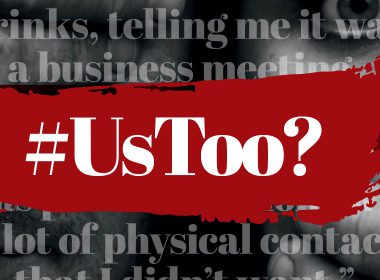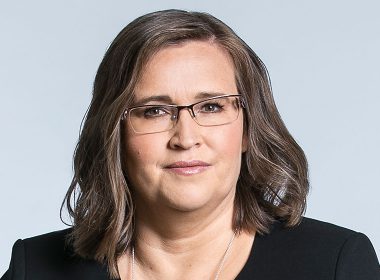We heard that sexual harassment is prevalent and persuasive: it occurs in every industry and at every level across Australia. This is not simply a case of a few bad apples
Employers should take a proactive approach to preventing workplace sexual harassment and discrimination, the Australian Human Rights Commission (AHRC) has urged.
Introducing a positive duty for employers to show they are proactively working to prevent sexual harassment is one of several significant legal changes recommended by the AHRC in its report Respect@Work.
The highly anticipated report was published on 5 March and is the culmination of an 18-month inquiry into the prevalence of sexual harassment in Australian workplaces. The impetus for the report was sparked by a series of allegations of sexual harassment in Australian workplaces in the aftermath of #MeToo and #TimesUp.
Positive duty requirements would be made possible under a proposed amendment to the Sex Discrimination Act 1984 and imposed on all employers, requiring them to take and show active measures in preventing harassment rather than responding to complaints.
It is one of 55 recommendations stemming from the landmark inquiry, during which more than 10,000 people were interviewed.
“Positive duty prioritises protection of workers from discrimination, victimisation and sexual harassment,” the report found.
Mia Pantechis, a senior associate in employment law at Maurice Blackburn, says the positive duty recommendation will “shift the burden” from harassment victims to ensure employers “are proactive in addressing the issue”.
“The inquiry has shown that simply having a [sexual harassment] policy isn’t enough,” Pantechis told LSJ.
Under the current law, employers can raise a defence to vicarious liability if they can show they took all reasonable steps to prevent the sexual harassment taking place. However, other submissions told the Commission that existing laws are insufficient in requiring employers to prevent harassment.
“[A positive duty requirement] will require a broader and continuous examination into workplace practices, including cultural and systemic factors that may foster sexual harassment, such as gender inequality, power imbalances, and the underrepresentation of women in leadership,” Pantechis told LSJ.
“It flips the way the current legislation operates, and I hope it will be adopted.”
 Sex Discrimination Commissioner Kate Jenkins
Sex Discrimination Commissioner Kate Jenkins
The Law Council of Australia also supports the introduction of positive duty.
“We fully endorse the Report’s recommendation to introduce a positive duty to eliminate sex discrimination, sexual harassment and victimisation,” President Pauline Wright said in a statement.
“However, we believe that separate duties to respond to allegations of sexual harassment and to report all such allegations to an independent statutory body should be considered.
“The difficulty that victims have in navigating the options for taking action on sexual harassment, whether in the workplace, through the courts or other bodies needs to be addressed.”
Sex Discrimination Commissioner Kate Jenkins has recommended the AHRC itself be granted new powers to probe systemic examples of sexual harassment, not just individual complaints.
“This is not simply a case of a few bad apples,” Jenkins said.
“We heard that sexual harassment is prevalent and persuasive: it occurs in every industry and at every level across Australia.”
President of the Law Society of NSW Richard Harvey welcomed the report’s release.
“We are encouraged to see key aspects of our submission reflected in its recommendations on the legal and regulatory framework, specifically in relation to ensuring protection for unpaid workers, promoting harmonisation between the jurisdictions, addressing systemic unlawful discrimination, including systemic sexual harassment and coverage under the Fair Work Act 2009 (Cth),” Harvey said.
“We look forward to working with the Government on this important issue.”
There would also be new guidelines on non-disclosure agreements (NDAs) in workplace sexual harassment matters, with a view to developing a regulation framework for how they are executed.
Pip Davis, the principal solicitor at the Women’s Legal Service, is pleased NDAs were highlighted as an important issue.
“The #Metoo movement has drawn attention to the many ways perpetrators and employers silence women, including the use of [NDAs] that stop women from talking about sexual harassment,” Davis said.
“[NDAs] should be prohibited unless a victim of sexual harassment requests confidentiality, and such clauses should never stop women from speaking about their own experiences of sexual harassment.”



